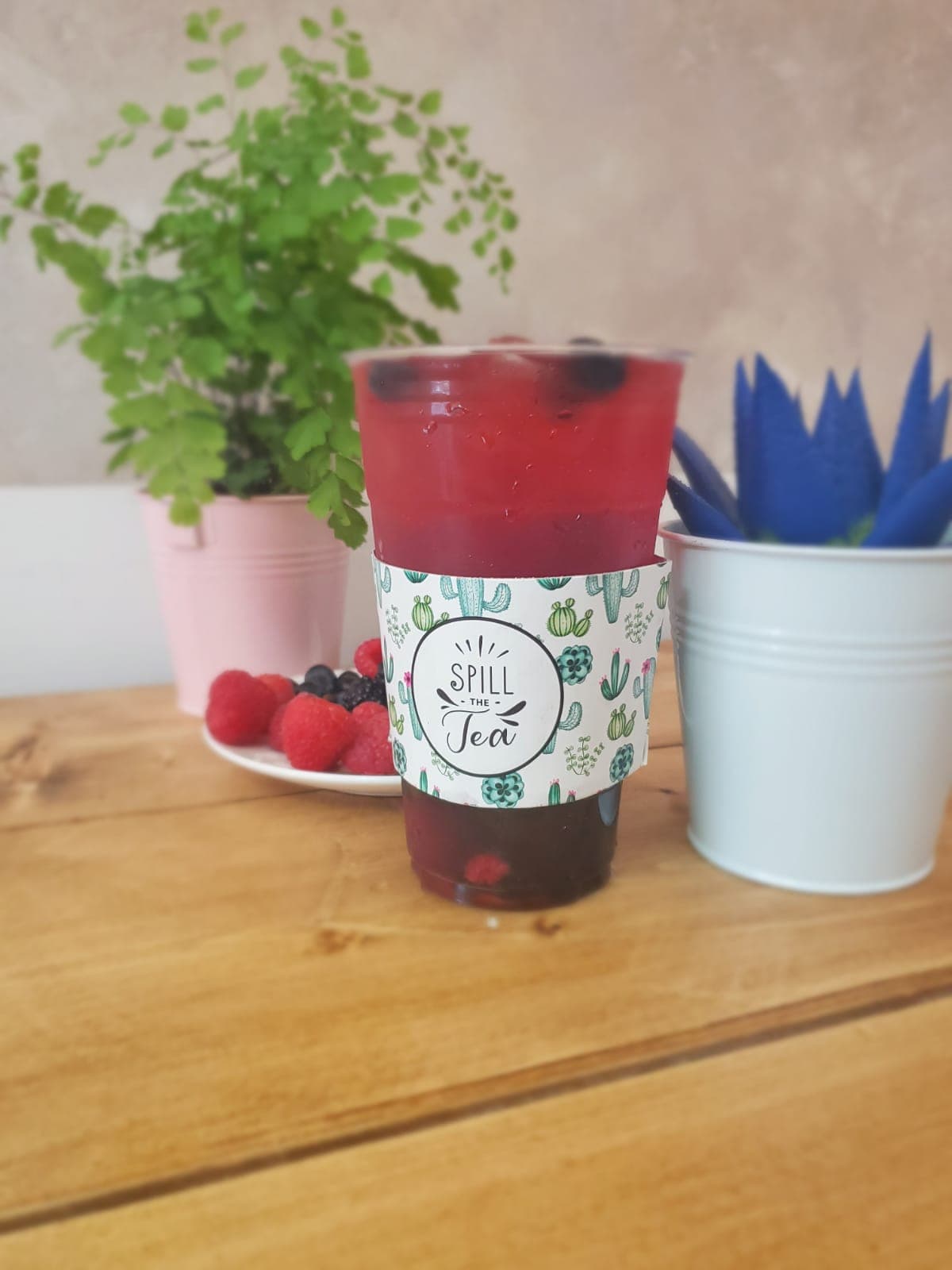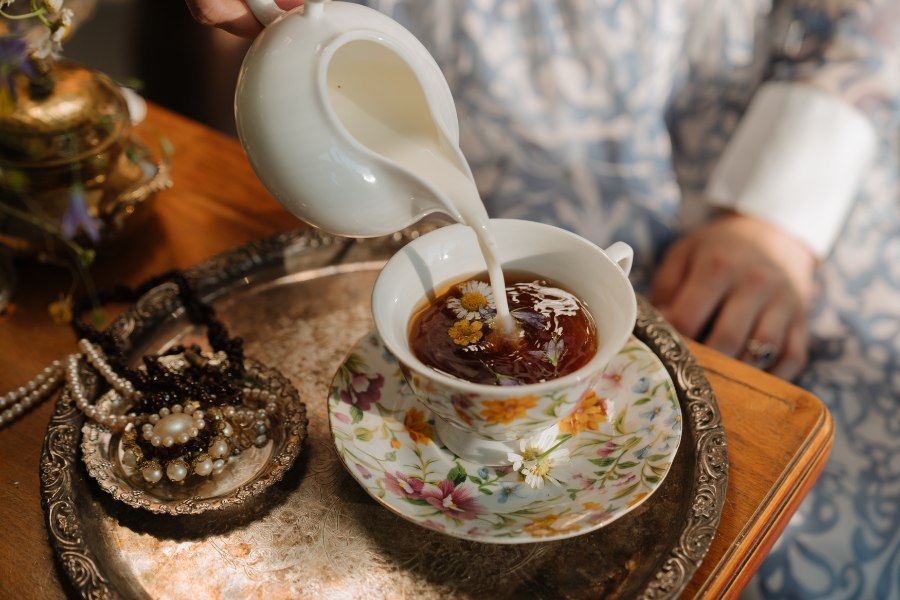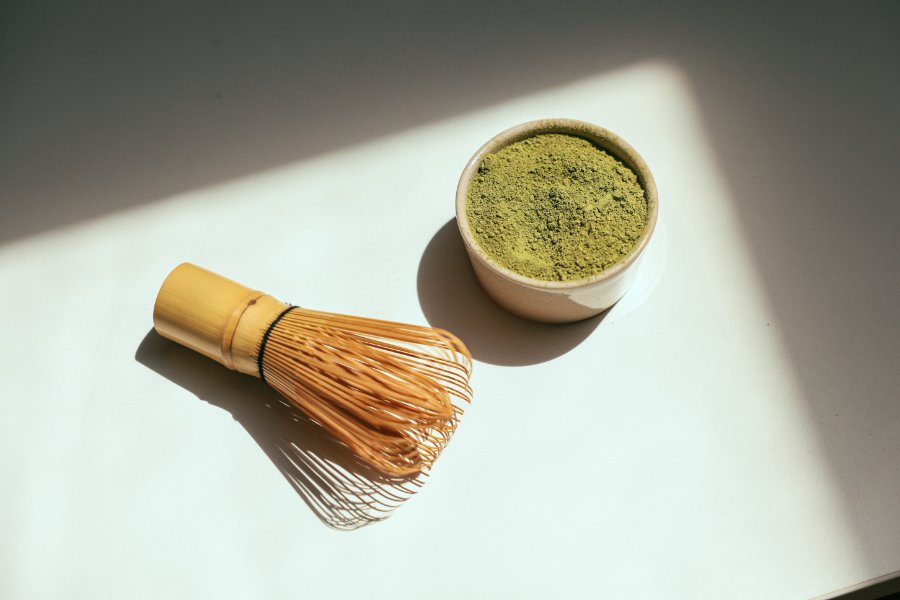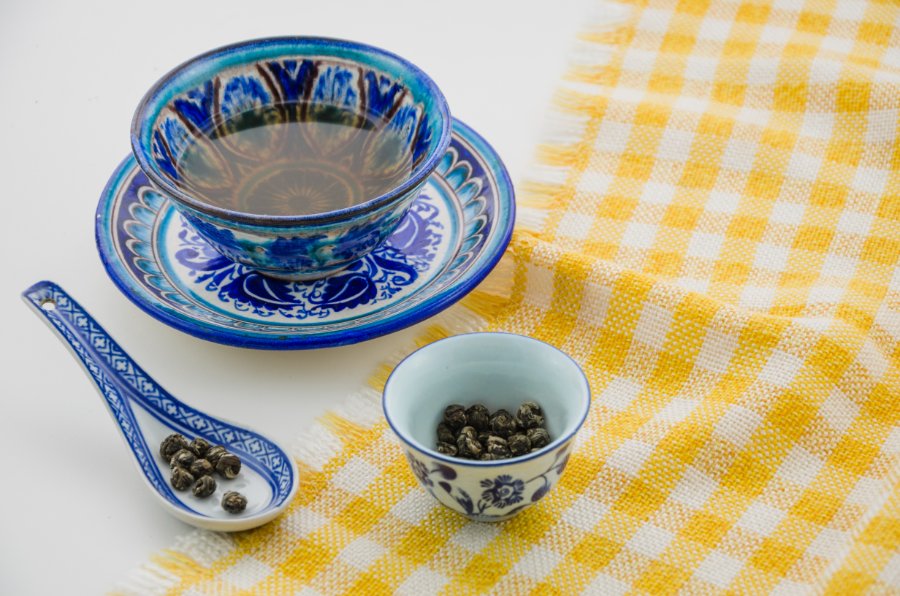
13 June, 2022 | Bon Tea Cafe Updated 2022
Oolong Tea: 6 Things This Drink is Good for
Green tea has lived up to its reputation by producing brews that are the epitome of wellbeing! However, today's tea lovers are searching for wellness beyond the good old Green tea. This is when the Oolong tea enters the picture.
Oolong tea is derived from the same plant that produces green and black teas. The time it takes for the leaves to ferment makes a difference. The leaves of green tea are unfermented, whereas the leaves of black tea are fully fermented. Oolong tea is made from partially fermented leaves. Oolong tea is a Chinese tea with a lengthy history.
What is Oolong tea?
Oolong tea is one of the six major varieties of tea. It is mostly grown in mainland China and Taiwan, although it is also popular in Japan, Indonesia Thailand, and Vietnam. The hues of Oolong tea range from dazzling green to yellow to dark amber and crimson.
Oolong tea undergoes a variety of processing procedures, resulting in a flavor that is distinct from both green and black teas.
Withering is the first stage in the oolong tea processing process. After harvesting, tea leaves are withered, which is a standard stage in the production of Chinese tea. Bruising, arresting the oxidation process, rolling, and roasting are the following processes.
What is Oolong tea good for?
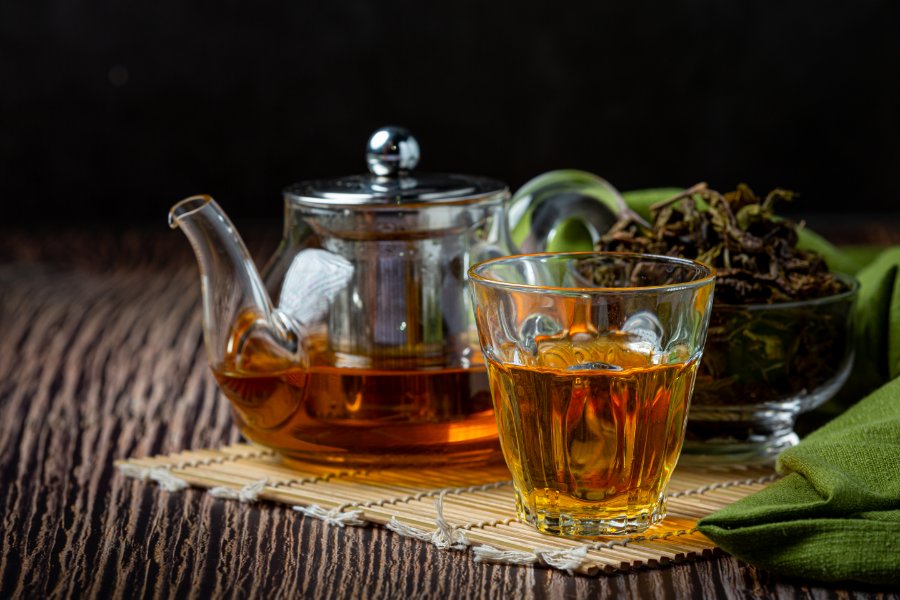
The antioxidants in oolong tea, known as polyphenols, are responsible for almost all of the tea's health benefits. Diabetes, heart disease, and cancer are among ailments that these substances help to avoid. They can also help with weight reduction and obesity. Oolong tea is also good for your skin.
1. Reduces the risk of heart disease
People who drank at least 10 ounces of oolong tea each week had a decreased risk of elevated cholesterol, according to Chinese experts. People who had been drinking oolong tea for the longest periods of time had the lowest cholesterol levels.
Oolong tea consumption also lowers the risk of mortality from cardiovascular disease. Oolong tea's caffeine and antioxidants help to boost metabolism, which is good for the heart.
2. Can Help You Lose Weight and Fight Obesity
We don't need to go into detail about how dangerous obesity is. We are solely responsible for this. Taking oolong tea for six weeks helped participants lose weight and body fat, according to research published in a Chinese journal.
Caffeine in oolong tea also has a role. Tea containing both caffeine and catechins resulted in more weight loss than tea containing either one of the two components.
3. Reduces the risk of cancer
According to research, drinking one cup of oolong tea every day decreases the risk of cancer by 4%. Regardless of the data's lack of importance, this is a significant start in the right direction. Steeping oolong tea in hot water might help you get the most out of it.
4. Helps in the prevention of diabetes
According to one study, consuming six cups of oolong tea on a daily basis for 30 days can assist persons with type 2 diabetes. It may also help to lower and even maintain blood sugar levels. The American Diabetes Association published a paper with similar conclusions.
Oolong tea polyphenols may improve insulin activity, which is beneficial to diabetics. Long-term oolong tea drinking may also indicate the onset of diabetes in people. In non-diabetic people, however, it has no effect on glucose metabolism.
5. Helps to Reduce Inflammation
We're looking at the polyphenols in oolong tea once more. These plant-based substances boost the immune system and defend against inflammation – as well as other inflammatory diseases like arthritis.
EGCG is another flavonoid in oolong tea that has anti-inflammatory actions. It's the most powerful of the bunch. It tackles inflammation-causing free radicals while also preventing ailments, including blocked arteries and cancer.
6. Improves the health of the brain
Oolong tea boosts brain function and potentially prevents Alzheimer's disease. Additionally, the caffeine in the tea stimulates the release of norepinephrine and dopamine, two brain chemicals that help to boost mood and reduce stress. Theanine, another amino acid in the tea, improves focus and reduces anxiety. The tea's polyphenols also have a relaxing effect on the psyche.
Is Oolong tea fragrant?
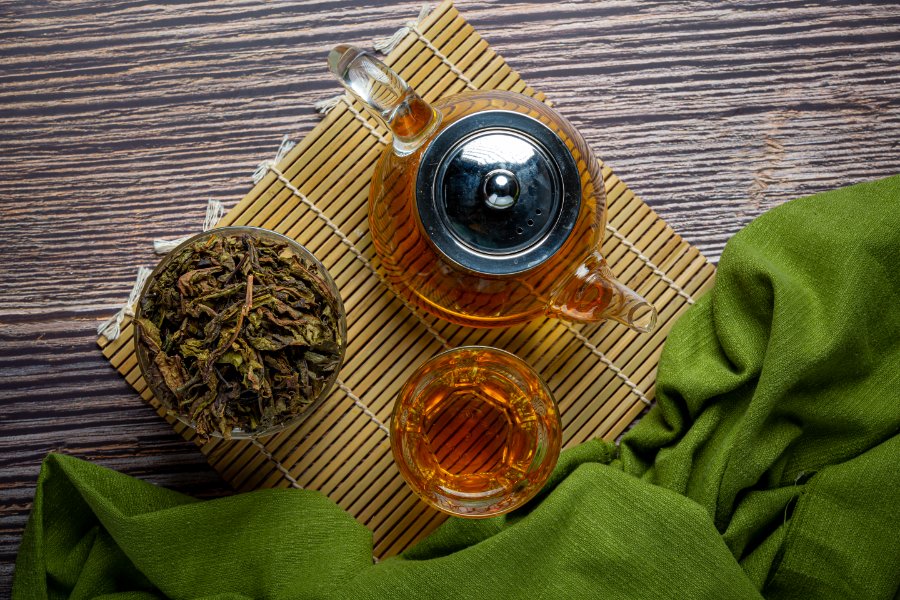
Although most oolong teas are unflavored or unscented, some may be used as a wonderful basis for adding flowers or dried fruits. Rose, osmanthus, and jasmine are the most common flowers for scenting. Citrus tastes nearly perfectly complement the profile of mildly oxidized oolongs, while richer fruit and chocolate overtones pair nicely with more oxidized varieties.
What does Oolong tea taste like?
Oolong tea has a rich texture and a flowery, fruity flavor. Despite the fact that some variety of Oolong teas has this "grassy" flavor, the taste should be mild. An oolong should never have a "strong and pleasant green tea flavor."
Chinese tea makers have started developing more light oolongs in recent decades, radically altering the flavors of classic traditional teas in certain cases.
So-called "cliff" teas grown in China's Wuyi mountains, where tea grows on high cliffs, produce a particular minerality from their rocky growth circumstances that taste nearly like Scotch on the mouth. The strong roast is the cherry on top, creating rich brew layers with chocolate, nuts, and charcoal on top of the honeyed sweetness of the tea.
What factors determine Oolong tea flavor?
The flavor of oolong tea can highly depend on the following factors:
- Tea cultivar
- Terroir
- Aging
The ultimate flavor of the tea is also influenced by the cultivars used. The "creaminess" and "milkiness" of this tea, on the other hand, will be heavily influenced by the terroir. High heights, plenty of rain, mist, and sunshine, as well as excellent soil, are all necessary for tea to reach its full potential.
Furthermore, because of the minimal oxidation and lack of roasting, the cup will be full of fresh and flowery aromas. Oolong tea can be lightly, moderately, or heavily roasted, the latter of which has a very powerful, pungent, and nutty flavor.
Final Thoughts
Although oolong tea is not popular as green or black tea, it provides similar health advantages. These include heart, brain, bone, and dental health advantages. Oolong tea may also help you lose weight by lowering your risk of type 2 diabetes, protecting you from some forms of cancer, and providing supporting advantages if you're attempting to reduce weight. It also contains less caffeine per cup than coffee, making it a decent option for caffeine-sensitive individuals.


